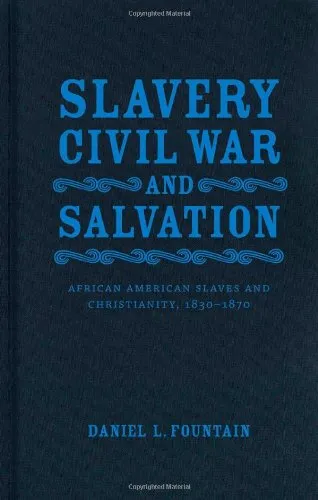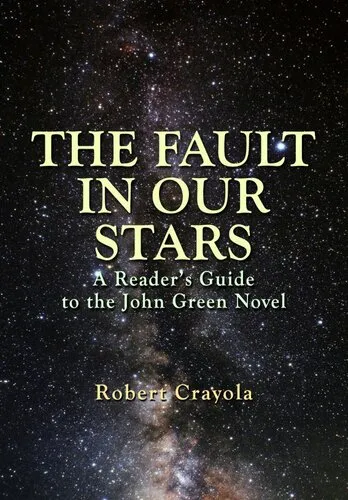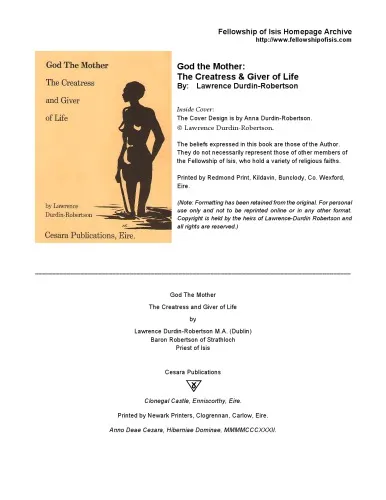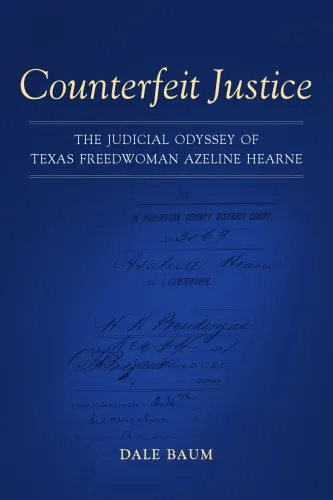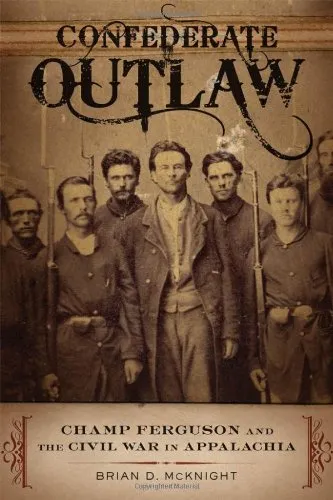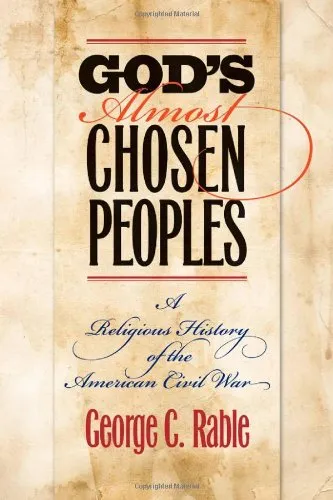Slavery, Civil War, and Salvation: African American Slaves and Christianity, 1830-1870 (Conflicting Worlds: New Dimensions of the American Civil War)
3.3
Reviews from our users

You Can Ask your questions from this book's AI after Login
Each download or ask from book AI costs 2 points. To earn more free points, please visit the Points Guide Page and complete some valuable actions.Related Refrences:
Persian Summary
Introduction
Welcome to 'Slavery, Civil War, and Salvation: African American Slaves and Christianity, 1830-1870,' a profound exploration of African American religious life during one of the most tumultuous periods in American history. This book offers an in-depth analysis of the role that Christianity played in the lives of African American slaves before, during, and after the Civil War. By re-evaluating historical assumptions, it sheds light on the complexities of religious conversion among enslaved populations, providing fresh insights into the true impact of Christianity in this era.
Detailed Summary of the Book
The book carefully examines the widespread notion that conversion to Christianity was a dominant force among slaves, presenting a nuanced interpretation backed by meticulous research. It delves into how Christianity was introduced to enslaved Africans and the varied reactions it elicited. While some embraced the new faith, others adapted its teachings to align with their cultural beliefs or outrightly resisted it.
The narrative crosses significant eras, charting the antebellum period, the Civil War, and the Reconstruction era, highlighting the evolution of African American religious practices. The author, Daniel L. Fountain, utilizes diverse historical documents, including slave narratives, church records, and contemporary accounts, to piece together an authentic understanding of this transformation.
Particularly intriguing is the analysis of how certain denominational teachings were used to justify slavery by some slaveholders, presenting a moral contradiction intrinsic to the Christian doctrine as it was employed during this period. Despite oppressive conditions, many slaves reimagined Christianity as a source of hope, crafting a spiritual identity that would endure and evolve into the broader African American religious experience.
Key Takeaways
- Christianity's role in slavery was multifaceted, serving both as a tool of oppression and a source of solace and spiritual resistance.
- The process of conversion among African American slaves was neither uniform nor universal but deeply personal and often contentious.
- The period from 1830 to 1870 was critical in forming the foundations of African American Christianity, influencing broader cultural and religious movements.
- The impact of the Civil War and subsequent emancipation dramatically altered religious practices and the church's role within African American communities.
Famous Quotes from the Book
"In the crucible of slavery, African American religion flourished, defying the odds imposed by an oppressive society."
"The resilience of spirit among the enslaved, channelled through their spiritual practices, was a quiet yet profound testament to their desire for freedom."
Why This Book Matters
The significance of 'Slavery, Civil War, and Salvation' lies in its critical analysis of a pivotal aspect of American history that has long been misunderstood or oversimplified. By illuminating the diverse experiences of African American slaves with Christianity, the book enriches our understanding of both the historical context and the enduring legacy of religiosity in African American culture.
Daniel L. Fountain's work challenges readers to re-examine prevailing narratives, offering a scholarly perspective that respects the complexity of individual and collective faith journeys during a defining period in America. This book is a vital resource for historians, theologians, and anyone interested in the intersections of religion, culture, and social justice.
Free Direct Download
You Can Download this book after Login
Accessing books through legal platforms and public libraries not only supports the rights of authors and publishers but also contributes to the sustainability of reading culture. Before downloading, please take a moment to consider these options.
Find this book on other platforms:
WorldCat helps you find books in libraries worldwide.
See ratings, reviews, and discussions on Goodreads.
Find and buy rare or used books on AbeBooks.
1502
بازدید3.3
امتیاز0
نظر98%
رضایتReviews:
3.3
Based on 0 users review
Questions & Answers
Ask questions about this book or help others by answering
No questions yet. Be the first to ask!
